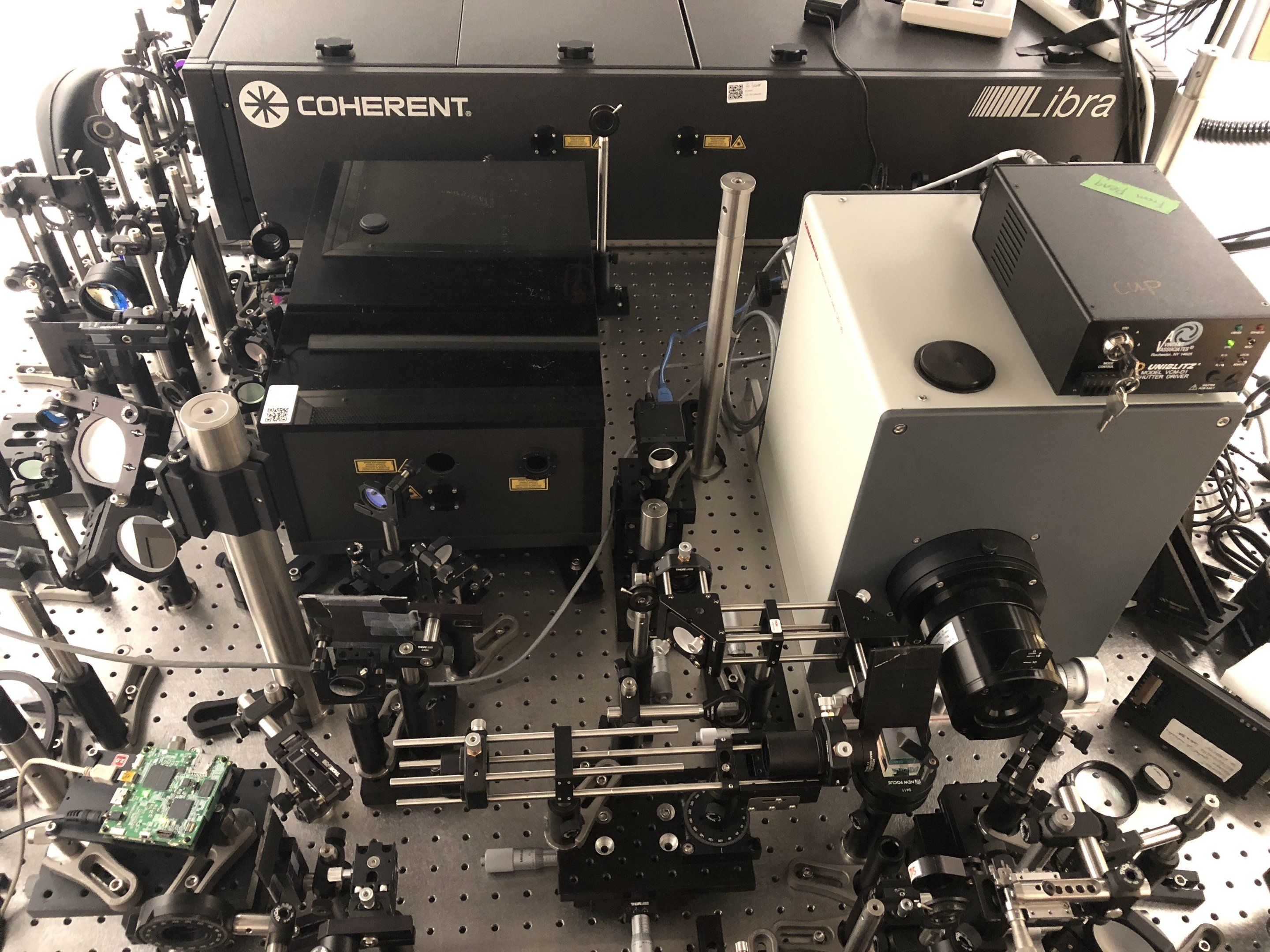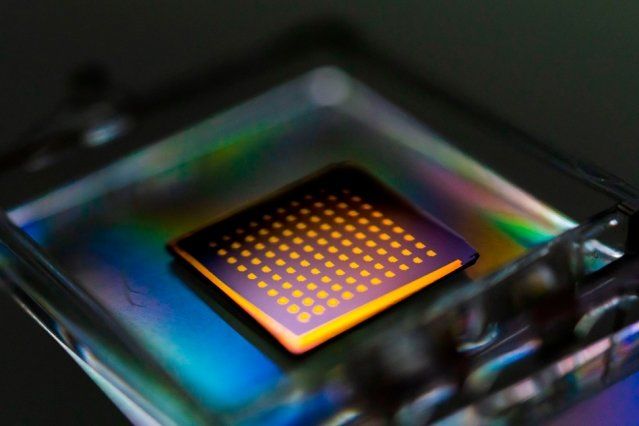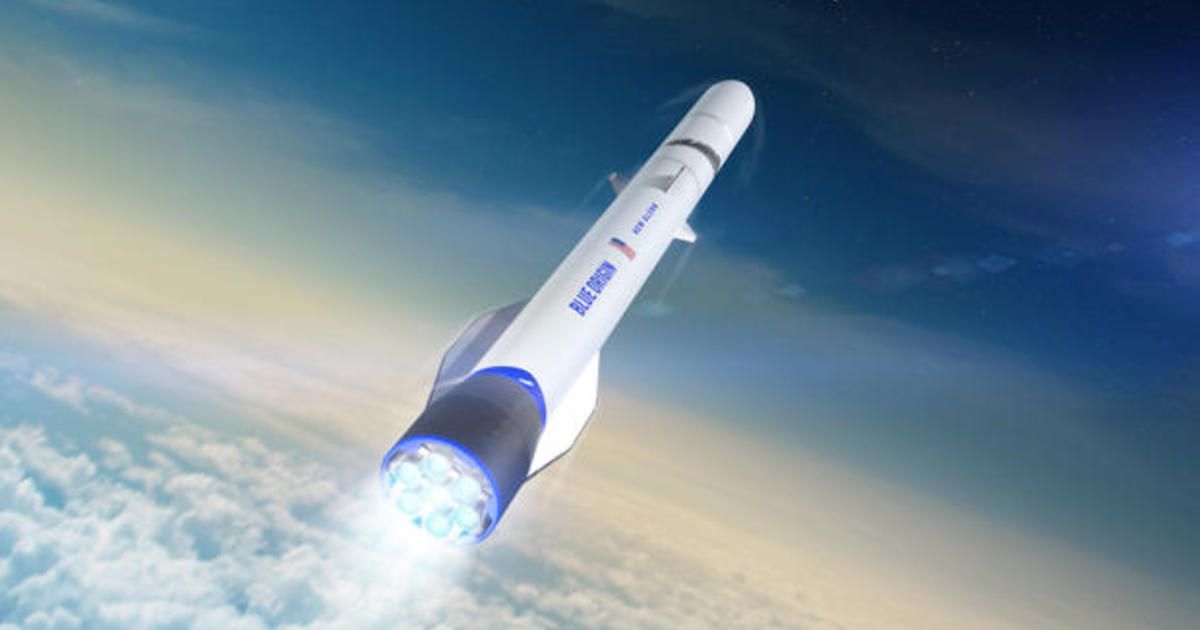Are you one of the 30 million users hit by Facebook’s access token breach announced two weeks ago? Here’s how to find out.
Facebook breach saw 15M users’ names & contact info accessed, 14M’s bios too

Are you one of the 30 million users hit by Facebook’s access token breach announced two weeks ago? Here’s how to find out.
Facebook breach saw 15M users’ names & contact info accessed, 14M’s bios too


What happens when a new technology is so precise that it operates on a scale beyond our characterization capabilities? For example, the lasers used at INRS produce ultrashort pulses in the femtosecond range (10-15 s), which is far too short to visualize. Although some measurements are possible, nothing beats a clear image, says INRS professor and ultrafast imaging specialist Jinyang Liang. He and his colleagues, led by Caltech’s Lihong Wang, have developed what they call T-CUP: the world’s fastest camera, capable of capturing 10 trillion (1013) frames per second (Fig. 1). This new camera literally makes it possible to freeze time to see phenomena—and even light—in extremely slow motion.
In recent years, the junction between innovations in non-linear optics and imaging has opened the door for new and highly efficient methods for microscopic analysis of dynamic phenomena in biology and physics. But harnessing the potential of these methods requires a way to record images in real time at a very short temporal resolution—in a single exposure.
Using current imaging techniques, measurements taken with ultrashort laser pulses must be repeated many times, which is appropriate for some types of inert samples, but impossible for other more fragile ones. For example, laser-engraved glass can tolerate only a single laser pulse, leaving less than a picosecond to capture the results. In such a case, the imaging technique must be able to capture the entire process in real time.



This technology may someday power spacecraft, satellites, high-flying drones, and pacemakers.


For businesses that want to maintain or increase their bottom line, this means re-engineering the fundamentals of their supply chain by developing or adopting new material solutions that achieve a lot more with a lot less.
“The smart companies, manufacturers and brands are the ones who are starting to invest in sustainable material innovation,” says Caroline Till, co-author of Radical Matter: Rethinking Materials for a Sustainable Future, adding, “There’s a thirst from consumers for this.” It’s clear that tomorrow’s leaders will be those who are brave enough to invest in this research today.
For The Future Laboratory’s new Material Far Futures report, we’ve compiled the most transformative case studies in material innovation into the 10 paradigms that we believe will disrupt industry in the coming decades, each with original visualisations from Studio Brasch. From fabrics that generate power through motion and new forms of kinetic architecture to bio-engineering’s impact on luxury fashion, the materials of tomorrow will be smarter, stronger, more dynamic and, crucially, less ecologically damaging.

United Launch Alliance, Northrup Grumman and Blue Origin, a company owned by Amazon-founder Jeff Bezos, were awarded major Air Force contracts Wednesday totaling more than $2 billion to develop next-generation rockets capable of boosting high-value national security payloads into orbit.
Two of the new rockets will be selected in a second competition, providing assured access to space through the next decade and beyond. In a surprise to some observers, SpaceX, the ambitious rocket company founded by Elon Musk, was not among the latest winners in the Pentagon’s Evolved Expendable Launch Vehicle program.
The Launch Service Agreements “will facilitate the development of three domestic launch system prototypes and enable the future competitive selection of two National Security Space launch service providers for future procurements, planned for no earlier than fiscal year 2020,” the Air Force said in a statement.